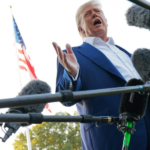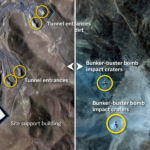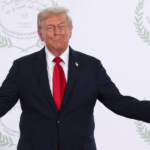Meanwhile, 55% of the business leaders in the survey cited uncertain economic conditions as the top challenge facing their company. This was followed by tariffs, cited by 41% of executives, along with revenue and sales growth, which also received 41%, JPMorgan said.
Surprisingly, despite the decline in economic optimism, business leaders remain bullish about their individual businesses. A majority, or 85%, of respondents predicted steady to increased company performance through the end of the year, said Matt Sable, co-head of JPMorgan commercial banking. More than two-thirds, or 78%, expect revenue and sales to increase or remain the same, while 73% expect profits to jump or hold steady. Thirty-seven percent plan to increase headcount, while 45% anticipate no changes to staffing.
“Business leaders are resilient, and it’s in their nature to be thinking about what’s ahead. While the near-term may seem uncertain, they’re operating with a long-term view, focusing on what they can control to run and grow their businesses,” Sable told Fortune by email.
Business leaders are still operating cautiously. Nearly half, or 44%, of the middle market executives said external factors caused them to delay their business plans to some extent. Of those who changed their plans, 74% blamed policy uncertainty—which includes tariffs, regulations and trade policies. Thirty-seven percent of leaders pointed to market volatility and another 37% mentioned shifts in customer demands.
More than one-third, or 35%, cited geopolitical events. “Leaders are recalibrating where necessary to ensure they can continue to deliver for their clients and communities, highlighting their resilience and determination,” Sable said in a statement.









